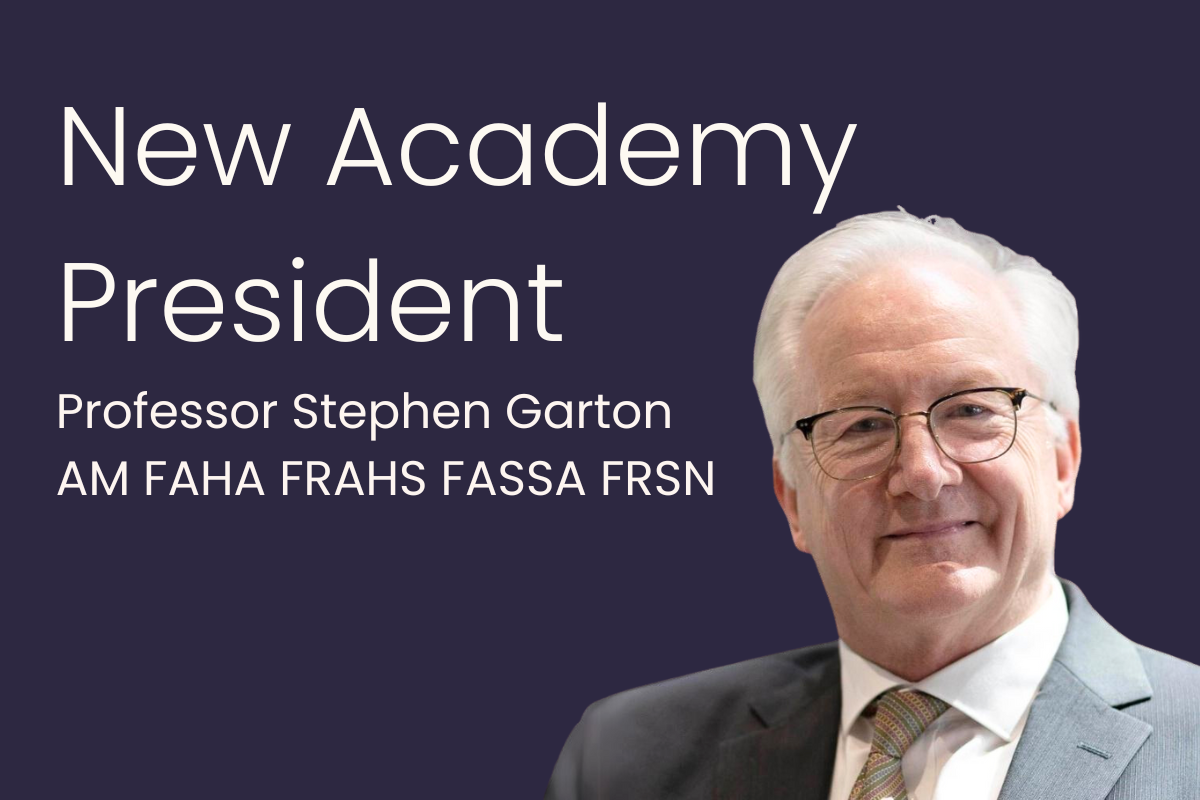Mastering history isn’t easy but it’s essential for coming to grips with Xi Jinping’s China. At this critical moment in relations with China, Australia is at risk of losing its edge in historical studies, according to a new report on Australian university teaching and research on China – Australia’s China Knowledge Capability. We could also miss out on shifts in China’s elite politics and international relations if we don’t charge our universities to train up a new generation of China specialists in the humanities and social sciences.
Why history matters was placed on display when China’s Chairman Xi Jinping hosted visiting American President Donald Trump in Beijing in April 2017. At Xi’s insistence, they spent much of their time together talking about history.
“During our state visit”, National Security Advisor H.R. McMaster later recalled, “Xi and his advisers relied heavily on history to convey their intended message. They emphasised certain historical subjects. They avoided others.”
Much of that history was new to Trump, who came away persuaded (incorrectly as it happens) that Korea had at some point been part of China and as he put it “you know, you’re talking about thousands of years . . . it’s not so easy”.
Trump did not know enough history to push back but he got the message. China claims hegemony over neighbouring countries and it employs history to press its claims upon them.
For any country dealing with China, knowing your history matters for preserving national sovereignty.
Getting on top of history is not easy for Australians either and yet it’s just as important in our dealings with Xi Jinping’s China. Australia does not concede China’s territorial claims over the South China Sea. By what historical warrant does China claim that sovereignty? Historically, is Taiwan part of China? Do Tibet and Xinjiang belong to China? In answering questions such as these, China’s leaders and diplomats routinely appeal to history over points of law or conventional norms to make their arguments. And they often get away with it, as Xi did with Trump because few foreign negotiators understand China’s imperial past or the history of its relations with the region.
One of the findings of the new report from the Australian Academy of the Humanities is that historical and political studies of China are suffering from neglect in Australian higher education. Our universities have developed formidable research and teaching capacity about China in the sciences, economics, management, and health, all of them essential for engaging with China at a time when relations were flourishing. With the good times behind us, Australia’s universities need greater capacity to parse the history, society, elite politics and security mindset of Xi Jinping’s China.
Australia ranks fourth in English-language research publications in the physical and human sciences. We rank less highly in history and elite political studies.
As relations become more testing, we need to rebuild research and teaching capacity in the fields of history, politics, international relations and contemporary society and culture to understand a China that changes each time we look at it.
Right now, for example, China appears to be preparing to cut itself off from the developed world. China’s historians have been leaving a trail of clues.
Following the breadcrumbs
In December last year, a history specialist was appointed president of the premier think-tank of the Communist Party of China, the Chinese Academy of Social Sciences (CASS). Over three decades of Reform and Opening (1979-2008) CASS was headed not by historians but by social scientists, chiefly economists and Marxist-Leninist theorists, not all of them reformers by any measure but all open to international engagements. The recent appointment of an historian carries the academy back to the pattern of earlier years when historians ran the show.
The most prominent of the historians who headed CASS in its formative years, Hu Qiaomu, saw himself as a national gatekeeper preventing Western intellectual trends from polluting the country. The new CASS President, historian Gao Xiang, is caste in a similar mould.
Gao Xiang specialises in the history of the Ming (1368-1644) and Qing (1644-1911) dynasties, periods in imperial history that Xi Jinping frequently and fondly refers to in his speeches.
Gao has another string to his bow that commends him for his new leadership role. In 2022, he led a national history project that concluded China was better off when it shut itself away from other countries, to preempt internal chaos fostered by contact with the outside world.
Gao’s appointment can be read as a rebuke of the decades of Reform and Opening when China opened itself to the world under Deng Xiaoping’s leadership.
As China closes itself off, Australia needs to rebuild its capacity for understanding what makes the country tick.
Knowing China better can help Australia pursue its national interests more successfully. Misunderstandings on the other hand carry heavy risks for trade, security, and social cohesion. Rebuilding sovereign China knowledge capability in our universities is the place to start.



